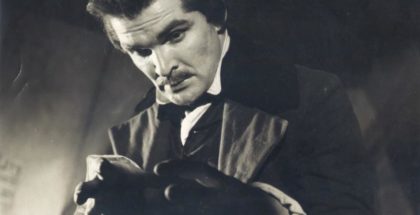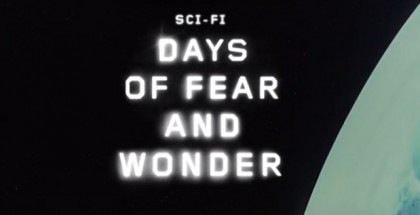BFI opens £5m fund to digitise British film heritage
David Farnor | On 09, Sep 2014
The BFI has opened up a £5m fund to applicants as part of its move to digitise British film heritage.
Holders of important British film and television items will be able to apply for funding for digitisation of content originated on film, with a total of £5 million available over a three-year period.
The BFI aims to fund the digitisation of 10,000 titles, bringing back films to the big and small screen, often not available or seen since first made. Key to the project is the BFI’s VOD platform, BFI Player, which will make as much archive film as possible accessible to people around the country. Indeed, the site already features 28 hours of never-before-streamed Edwardian footage from pioneering filmmakers Sagar Mitchell and James Kenyon, who captured Britain on tape between 1900 and 1913 – including the first ever recording of Manchester United playing football to Queen Victoria’s funeral. All of this content is free to view.
Heather Stewart, Creative Director of the BFI and executive in charge of the UFH project, comments: “The UFH project is an astonishing opportunity to make some of the unseen and unheralded glories of British cinema available to the widest possible range of audiences. We are working with rights holders and partners to bring these films into the 21st century and stimulate a renewal of interest in our shared history as captured on film.”
“The BFI’s Unlocking Film Heritage project is designed to change the face of film archiving and the public’s engagement with it across Britain, helping to create new audiences for a broader range of films across all platforms.
The work will be divided into separate strands: 5,000 from the BFI National Archive and 5,000 from the significant public collections and rights holders’ collections in the UK.
The goal of the programme is to ensure that the people of the UK, filmmakers, educationalists, researchers and other users can access and enjoy the full range of their rich screen heritage, regardless of where they live. In turn, this will ensure that the UK’s screen heritage is safeguarded for future generations and is widely available for education and entertainment.



















